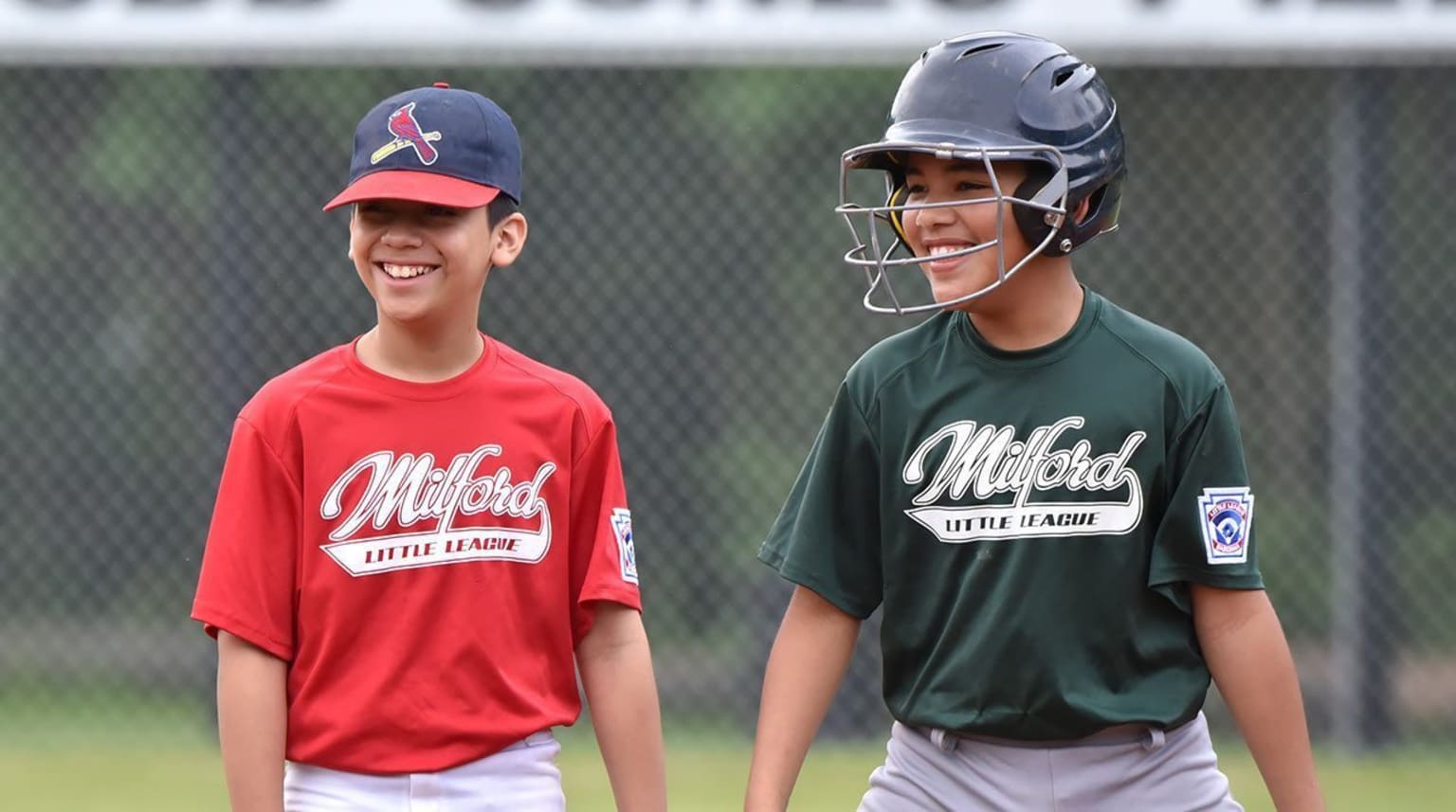Three Skills to Evaluate During Player Tryouts

Each player tryout will showcase basic skills. So, whether you are a baseball or softball manager, consider the types of drills that are being executed, and how a player’s performance will translate on to the field.
After watching tryouts and making your list of potential draftees, speak with the current players on the team to get their opinion of the incoming players. Finally, the emotions of a child are a very important to evaluate. Be sure to consider your impression of the player’s personality and watch how he/she reacts to their performance. So often, a Little Leaguer’s willingness to have fun and be a good teammate will far exceed physical talent.
Skill One:
Always consider a Little Leaguer’s versatility, then begin by rating defensive fundamentals.
- How does the player move to the ball? Watch the footwork when fielding ground balls and fly balls.
- How does the player field the ball? Are their hands positioned properly, and does the player transfer the ball quickly to their throwing hand.
- How accurate and strong is the player’s throwing arm? Assuming the player is properly warmed up, how far does the ball travel, and how well can the player put the throw on target.
Skill Two:
When it comes time to rate offense, look beyond bat-ball contact to determine if the player is a hitter.
- If the tryout is held in a gym or a playing field, the player’s swing will be influenced by the environment, the pitcher, and the number of pitches received.
- Regardless if player hits the ball, look at the position in the batter’s box and body language when the ball is pitched. If a player shows the ability to track the ball to the plate, stay in the batter’s box and/or steps toward the pitcher when swinging, and does not shy away from the ball, then there is potential to develop that player’s hitting skills.
Skill Three:
Speed is the third skill. It can’t be taught, but it can be the difference between a hit and an out.
- During a base-running drill, sprints, or defensive drills, gauge the player’s reaction time. A player with speed and quick reflexes, especially a younger player, is worth drafting, knowing that the other areas of the game will develop with coaching and experience.